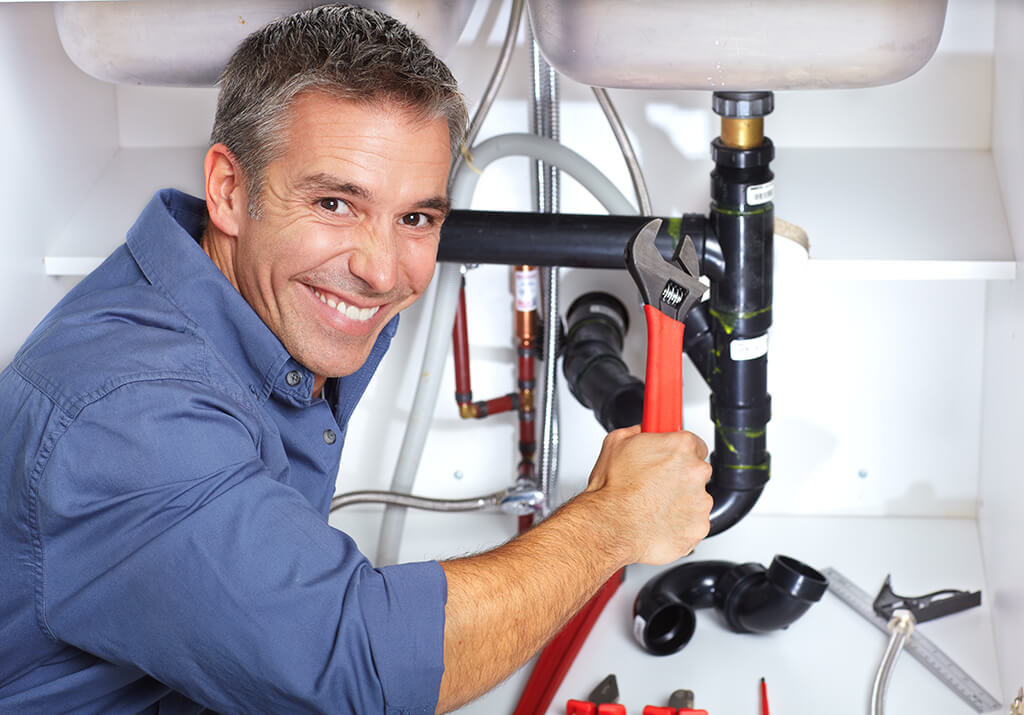Plumbing is a vital aspect of ensuring a cozy and well-functioning home. he said of homeowners often overlook the significance of regular plumbing inspections, assuming that everything is functioning properly. Nonetheless, invisible issues can lead to serious problems down the line, including costly repairs and leaks. By understanding the need for regular evaluations, you can protect your investment and promote the longevity of your pipes.
Routine inspections bring a multitude of benefits, from discovering covert leaks and signs of wear to preventing clogs and various issues. Homeowners can especially value the comfort that comes from being aware of their plumbing is in optimal form. In this write-up, we will examine the significance of these inspections and share useful insights on what to expect during the inspection, along with guidelines for caring for your plumbing system effectively. By tackling potential problems early, you can avoid emergencies and reduce money in the long run.
Common Plumbing Problems and Fixes
Numerous homeowners encounter typical plumbing issues that can interrupt their daily lives. One of the most common issues is dripping faucets. A small drip may look harmless, but over time, it can waste a substantial amount of water and boost your water bill. To repair this problem, you can typically replace the O-ring inside the faucet. Routine inspections can aid catch these leaks early, staving off larger issues down the line.

Another frequent plumbing issue is clogged drains, which can be caused by cooking particles, hair, and grease buildup. To avoid this, it is important to use drain covers and be cautious about what goes down the sink. If a clog does happen, consider using a plunger or a mixture of baking soda and vinegar to unclog it. For recurring clogs, it might be time to call a certified plumber to guarantee that the issue is resolved without damaging your pipes.
Additionally, many homeowners experience low water pressure, which can be annoying during showers and dishwashing. This issue can arise from sediment buildup in pipes or a problem with the municipal supply. First, check your fixtures for any blockages. If the problem persists, a plumbing inspection may reveal underlying causes such as leaks or corroded pipes. Addressing low water pressure quickly not only enhances your day-to-day experience but also helps preserve the longevity of your plumbing system.
When to call a plumber
Determining when to call a plumbing professional saves you money in the future. If you experience issues such as persistent leaks, recurring clogs, or abnormally high water bills, it's a clear sign that qualified intervention is needed. Ignoring these problems can lead to more significant damage, potentially resulting in costly repairs. In emergency situations, such as a pipe burst or severe flooding, immediate assistance from a qualified plumber is imperative to avoid property damage and ensure safety.
Another instance that might warrant a call to a plumbing professional is if you notice low water pressure throughout your home. This could indicate underlying issues within your plumbing system, such as mineral buildup in pipes or a problem with the municipal supply. Furthermore, if your water heater displays indications of malfunction, including leaking or failing to heat water effectively, a certified assessment is required to prevent further complications.
Lastly, homeowners should reflect on calling a plumbing professional for routine inspections and maintenance. Regular plumbing inspections assist in identifying potential problems prior to escalation and propose solutions to ensure your plumbing system operates efficiently. Trained professionals can provide insights on what to expect during a plumbing inspection and recommend seasonal maintenance tasks to maintain optimal condition. By recognizing these key moments, you are able to make informed decisions about your plumbing needs.
Preventing Plumbing Problems
To maintain a healthy plumbing system, anticipatory measures are necessary. https://posteezy.com/understanding-your-plumbing-system-newcomers-manual are vital for identifying potential troubles before they worsen. Homeowners should arrange regular plumbing inspections to discover signs of leaks, corrosion, or wear in pipes and fixtures. By addressing these concerns early, you can reduce significant time and money on repairs and ensure that your plumbing operates efficiently.
Another valuable way to prevent plumbing issues is to maintain good habits in your daily lives. Steering clear of flushing non-biodegradable materials down toilets and being cautious of what goes down the kitchen sink can greatly lower the risk of clogs. Carrying out regular maintenance, such as cleaning drain traps and using enzyme-based cleaners, can also help maintain your drains clear freely, staving off buildup that leads to more significant concerns.
Time-of-year preparation is also crucial in stopping plumbing difficulties. For case in point, during winter, ensure that pipes are wrapped to prevent freezing, and in spring, look for leaks that may have developed due to weather fluctuations. Regularly reviewing your plumbing system and making timely adjustments will not only improve its performance but also prolong its lifespan, making your home a more comfortable and efficient place to stay.
